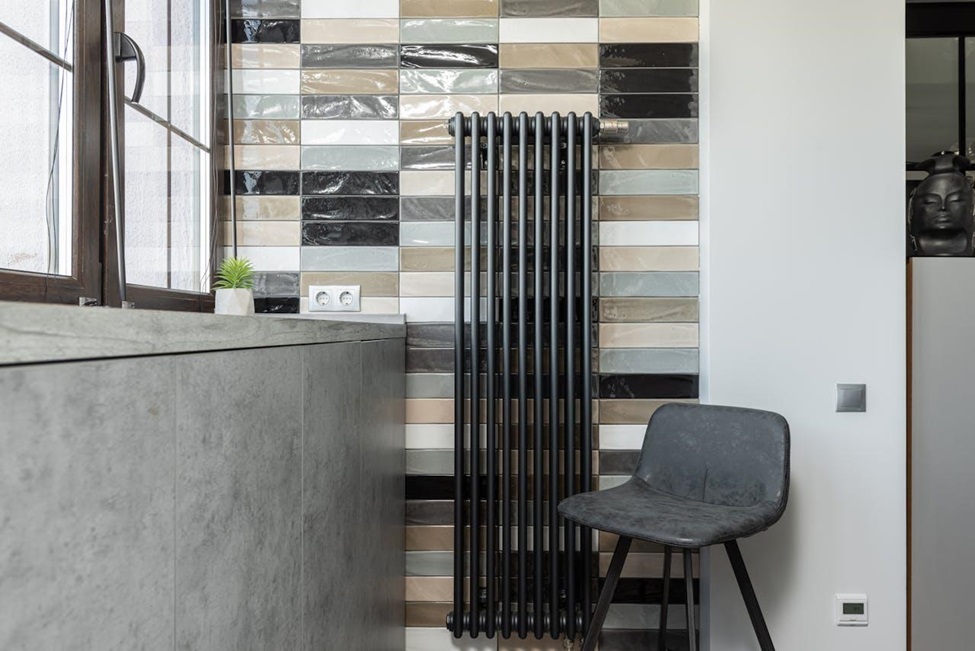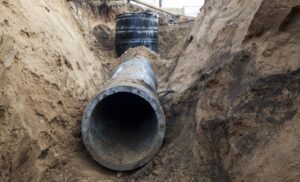
6 Preventative Tips for Long-Lasting HVAC Efficiency
When it comes to comfort and cost savings, the efficiency of your HVAC system plays a crucial role. Whether it’s the peak of summer or the dead of winter, a well-functioning HVAC system ensures that your indoor environment remains comfortable without breaking the bank.
Inefficiency, on the other hand, can lead to higher utility bills and an uncomfortable living situation. This post aims to provide you with six preventative tips that can help extend the life of your HVAC system.
The Cost of Inefficiency
Operating an inefficient HVAC system can be costly, both financially and environmentally. Financially, an inefficient system consumes more energy to achieve the same level of heating or cooling, leading to higher utility bills.
Environmentally, increased energy consumption means a higher carbon footprint, contributing to global warming. Therefore, maintaining your HVAC system’s efficiency is not just about saving money; it’s also about being a responsible citizen.
Regular Filter Changes
One of the simplest yet most effective ways to maintain your HVAC system’s efficiency is by regularly changing the air filters. Dirty filters restrict airflow, making the system work harder to circulate air throughout your home.
This not only increases energy consumption but can also lead to overheating and system failure. Expert hvac contractors recommend changing your HVAC filters every one to three months, depending on the type of filter and the level of pollutants in your environment.
Keep Outdoor Unit Clean and Unobstructed
The outdoor unit of your HVAC system plays a vital role in its overall efficiency. If this unit becomes clogged with debris such as leaves, dirt, or grass, it can significantly hamper the system’s performance. Regularly checking and cleaning the outdoor unit ensures that it operates efficiently.
Additionally, make sure there is adequate clearance around the unit to allow for proper airflow. This simple step can go a long way in maintaining your system’s efficiency.
Schedule Professional Maintenance
While there are several DIY maintenance tasks you can perform, some aspects of HVAC maintenance require professional expertise. Scheduling regular professional maintenance checks can help identify potential issues before they become significant problems.
Residential HVAC Contractors can thoroughly inspect and clean the system, ensuring all components are in good working condition. They can also provide valuable advice on optimizing system performance, making professional maintenance an investment worth considering.
Seal and Insulate Ducts
Leaky ducts can be a significant source of inefficiency in your HVAC system. When ducts are not properly sealed or insulated, the air meant to heat or cool your home can escape, forcing the system to work harder to maintain the desired temperature.
Inspect your ducts for any visible leaks or damage and seal them using duct tape or mastic sealant. Additionally, insulating the ducts can prevent energy loss, further enhancing system efficiency.
Monitor Energy Consumption
Keeping an eye on your energy consumption can provide valuable insights into your HVAC system’s efficiency. Unusual spikes in energy usage may indicate that your system is not operating as efficiently as it should.
Various smart devices and apps can help you monitor your energy consumption in real-time, allowing you to take corrective action promptly. Being proactive about energy monitoring can help you identify inefficiencies early and address them before they escalate.



